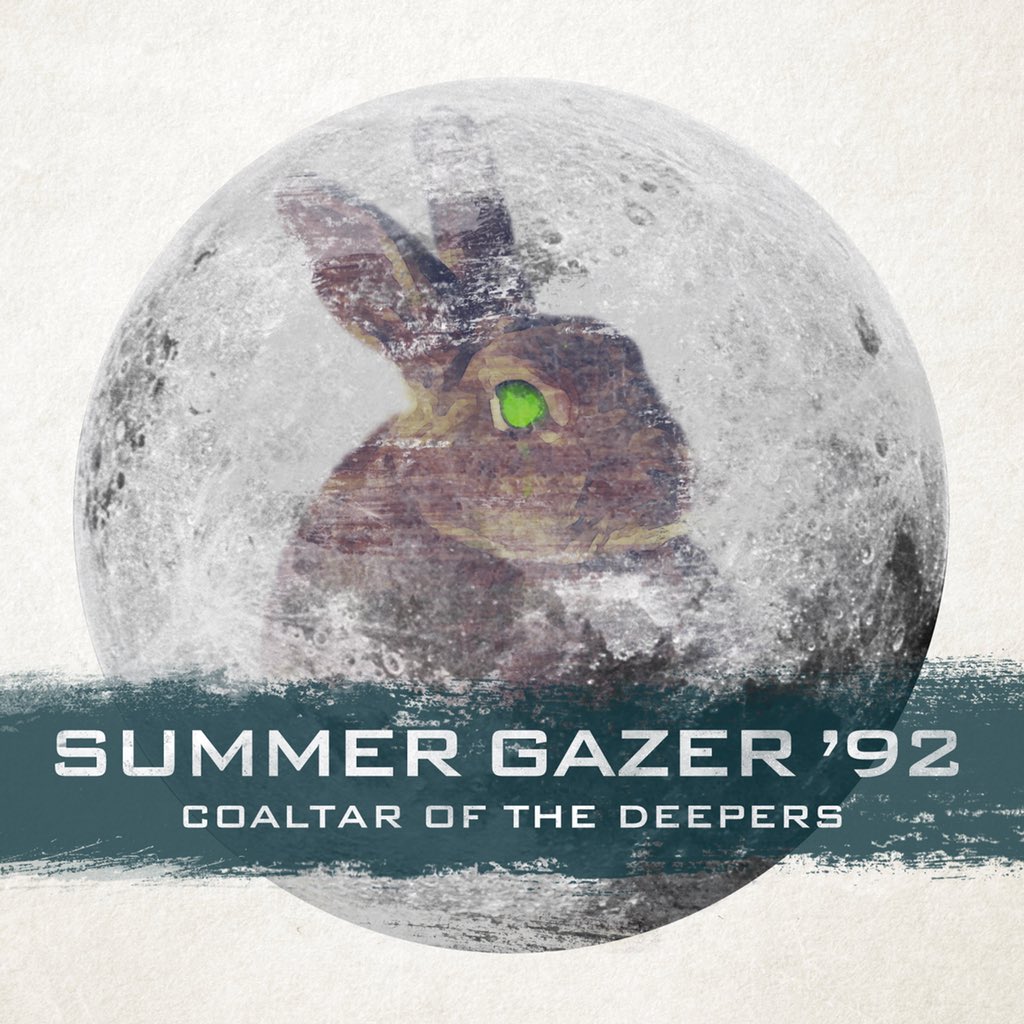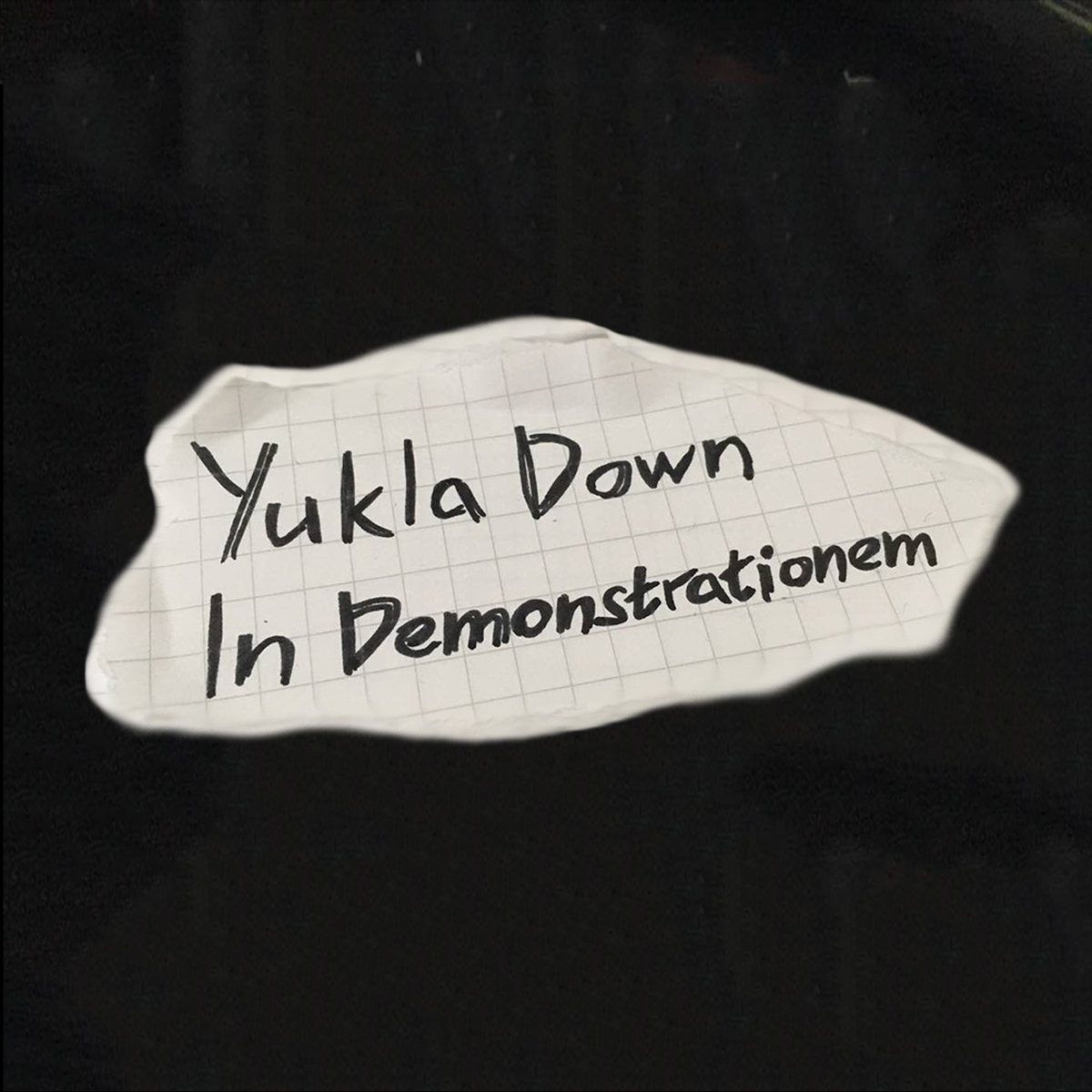When they released their 2015 debut “My Electric Fantasy”, Tokyo-based rock outfit Looprider displayed some impressive versatility in creating a cohesive record that incorporated sludgy hooks and pop-infused shoegaze. Released about nine months later, their second record “Ascension” took things in a quite different direction, drawing on hardcore and harsh noise, while steering clear of any pop influence from the first. Through two albums the band had covered so much ground that predicting where they might go from there was both intriguing and impossible.

When they released their 2015 debut “My Electric Fantasy”, Tokyo-based rock outfit Looprider displayed some impressive versatility in creating a cohesive record that incorporated sludgy hooks and pop-infused shoegaze. Released about nine months later, their second record “Ascension” took things in a quite different direction, drawing on hardcore and harsh noise, while steering clear of any pop influence from the first. Through two albums the band had covered so much ground that predicting where they might go from there was both intriguing and impossible.
Today, the band put out their third album, “Umi”, which predictably veers in yet another new direction. Initially promoted by the band as “an epic post rock concerto”, “Umi” goes beyond that. The album is a single, mostly instrumental 25-minute track that organically flows from start to finish with massive crescendos and lulls.
The opening 5 minutes, which the band uploaded as an album teaser a few weeks prior to the release, is a solid setup to the rest of the record. If “My Electric Fantasy” was a showcase of Looprider’s ability to write catchy, hook-driven tunes, and “Ascension” their talent for tonal brutality, “Umi” brings to light the side of the band that expertly crafts intense music using layers and textures. You get a feel for this in the album’s opening minutes where a number of simple parts are gradually woven together, building up to a dramatic peak where each of those parts explodes to create a beautiful sort of chaos. At about the four and a half minute mark, the double drums really shine through, too.
Just as any good post rock has it’s big crescendos, a sudden come-down and reminder that you need to breathe is just as impactful. While, at first listen, there might seem to be a logical track break – after all, it did make for a really nice standalone edit – the nosedive into the second part feels much more significant as a transition without interrupting the flow of the song.
Over the next few minutes of the album there’s a delicate build-up, again starting very simple and gradually developing with multiple overlapping parts. The lyrical portion of the album kicks in here, during which the origins of life are almost chanted over the course of another crescendo, this time to an epic bout of droning rock en route to a frenetic, solo-driven flurry. The balance between calm and uptempo, soft and thunderous, and the organic, unpredictable flow from part to part does well to conjure the image of the album’s central theme: the ocean.
The closing portion of the album brings everything down to a strong, steady march, before fading out with clean guitars, while the presence of thick, heavy guitars as the backdrop is a reminder of the strength of the album’s concept.
As a listening experience, “Umi” is quite different from Looprider’s two previous releases. However, there are familiar elements from the band’s previous two albums that appear throughout – the occasional grooves and “wall of sound” guitar textures found on “My Electric Fantasy” and the crushing noise of “Ascension” – that are brought together in a unique way, further stretching the boundaries of what Looprider are capable of producing. With the addition of guest musicians to a lineup that’s already proven itself more than capable of generating huge depth in its sound, Looprider have once again succeeded in belting out a behemoth rock album, when few other bands in Japan are seemingly willing to do so.
Looprider’s album release party will be taking place on Wednesday, March 29th at the band’s own Pop Sabbath event at Shindaita Fever in Tokyo, where they’ll be supported by moja and Japanese shoegaze legends Luminous Orange. You can pick up a copy of the CD, which one again features some really nice art from Nasutakeo, at the following locations:




